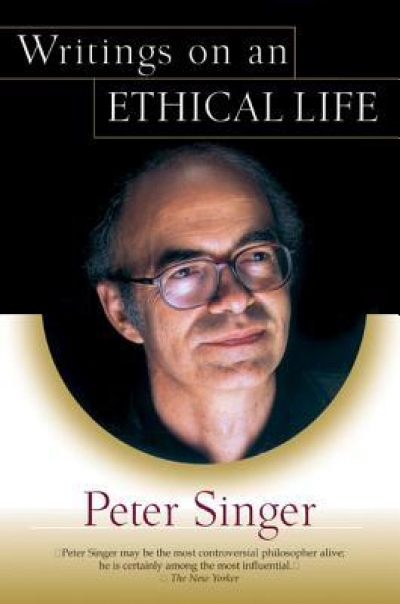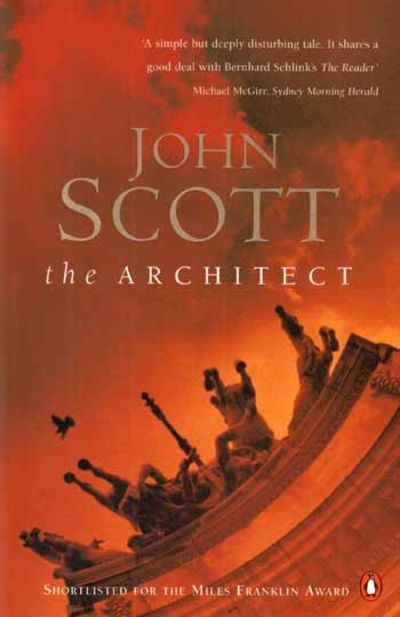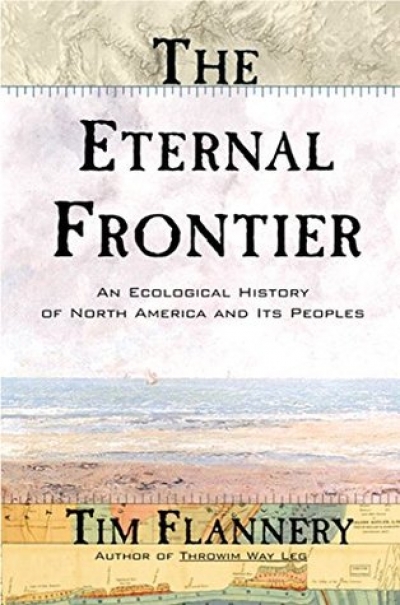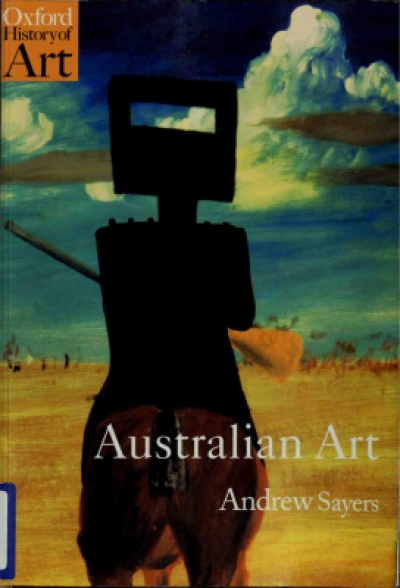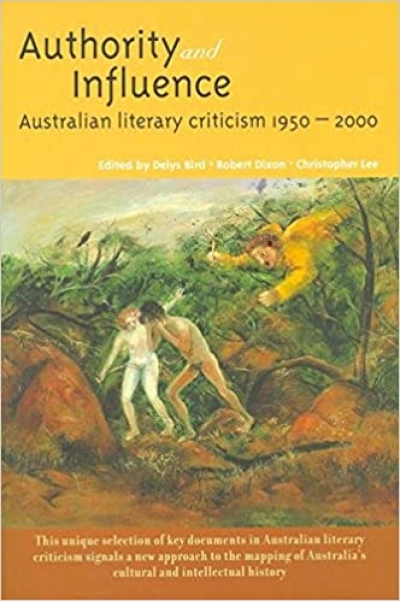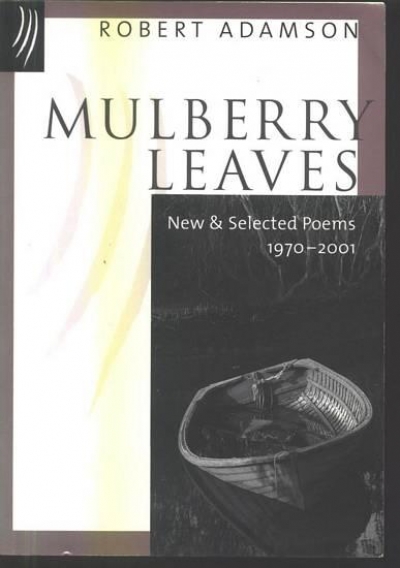Archive
As the grand navigator steps back in his boat,
As the last notes march to Heaven on a page,
So the attenuations of our lives
Are charted as polite reverberations,
Ready to be eroicomico indulgences
Or merely subjects in an academic quiz –
For such is memory’s braking, as the grave
Soul of humankind is shown as nought
On star charts, and each immensity
Aspires to be a simple once-born number.
Who was it led us to overestimate the New?
The Greatest Living Poet’s recent volumes
are in a stack at your left hand – what do you do
in between getting on with your journalism?
Go back to his earlier and more spritely days
cool along your face, when you decided,
notwithstanding your resistance, as you claimed,
to literary fashion, that this intransigent
dandy got the world into his impure verses
as almost no responsible rival did –
so much so indeed that a jaunty episode
among the Check-Out Sylphs, an Ode to a Torpedo,
or some sort of squirrel-hounded sexual outing
in the Allegheny Mountains seemed, as you read it,
a calm reflection worthy of Matthew Arnold
minus his Rugby gloom and moral nimbus.
You tend to notice things when away from home. For instance, I have always been struck by how many people on trains and buses in Paris have their noses buries in books. So when I spent a couple of weeks there in March, I tried as often as decently possible to sneak a look at what Parisians were reading.
... (read more)The Eternal Frontier: An ecological history of North America and its peoples by Tim Flannery
Authority and Influence: Australian literary criticism, 1950–2000 edited by Delys Bird, Robert Dixon and Christopher Lee
Mulberry Leaves: New and selected poems, 1970–2001 by Robert Adamson
Now is the season of shortlisted content! In recent weeks, so many awards have been decided – or at least shortlisted – that ABR would need a supplement to list them all. Awards, everyone knows, have their limitations and anomalies, but few people would object to the highlighting of writers’ latest works or the supplementing of their often modest incomes. One first novel that has attracted notice is Arabella Edge’s The Company, based on the Wreck of the Batavia. The author is currently in Africa, picking up the Commonwealth Writers’ Prize for the best first novel in South-East Asia and the South Pacific region. The Company has also been shortlisted for the Miles Franklin Award (of which I am a judge). On her return, Ms Edge will visit Melbourne to take part in a discussion about the notorious shipwreck and the new Australian opera Batavia. Jointly sponsored by ABR, Opera Australia, and Reader’s Feast, this will take place at the Reader’s Feast Bookstore in Melbourne (see page seven for details). At this public forum, I shall also be introducing Peter Goldsworthy and Richard Mills. It is one of several literary events that ABR is planning with major organisations and institutions.
... (read more)
